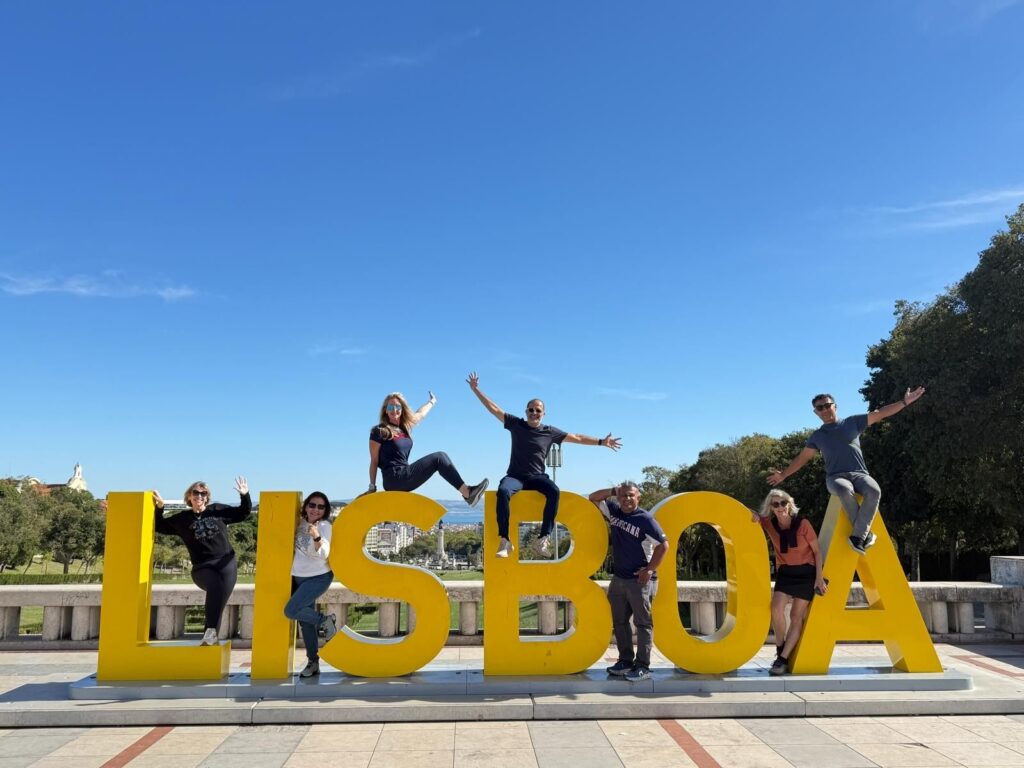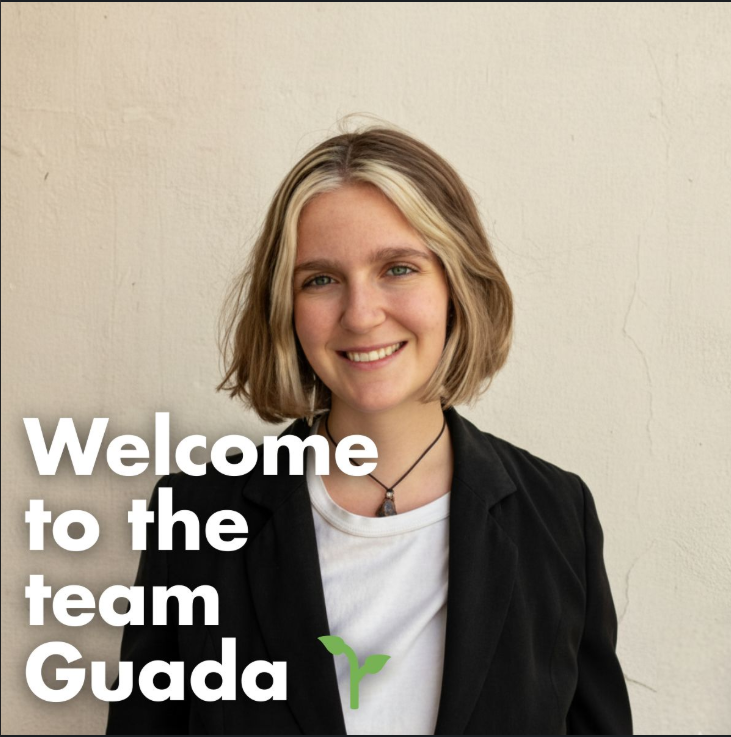Think two days away from work is a luxury? I just spent two days with my Forum.
A couple of years ago, the idea of being away from work for two full days seemed ludicrous to me. I thought I had to be in the business always—leading with my sheer presence. Only when I joined Entrepreneurs’ Organization did I realize: if I’m always in my business, I never get to see it clearly from the outside.
Stepping away gives me the clarity I need to lead with focus and passion.
This time, I spent two days with my EO Latin Bridge Forum, a group of business owners from across Latin America.
How does a Bridge Forum work? We meet every few months in a different part of the world to ask ourselves the bigger questions—together and of each other.
And every time I do this, every time I step away from the day-to-day (still with a little hesitation), I discover the same truth:
-
When I slow down, I speed up.
-
When I get clear, I execute faster.
-
When I ask myself “what’s next in life?” I start moving toward what actually matters.
Doing this work together with my Forum mates makes the experience even more powerful. These two days don’t cost me momentum—they give me more of it. Because when I return to my team with clarity, that clarity becomes theirs too.
Grateful for the reflections, the honesty, and the space held by:
Stephanie Camarillo, Ashish Khera, Takeshi Nobuhara, Vinoo Varghese, Jennifer Cohen, Daniel Levy, Alejandra Leon.
So let me ask you: what’s next in life for you?

You Might also like
-
Hiring Isn’t About Filling Gaps, It’s About Building With Purpose
We often think of hiring as patchwork: there’s a hole, so we scramble to fill it. But I believe building a truly great team isn’t about plugging gaps—it’s about recognizing potential and making room for it.
That’s how I think about hiring at Staff4Half. Because we’re building with purpose, we’re not just filling seats. To me, hiring is about inviting someone to join a mission.
I started this company to create opportunity, connecting brilliant Argentine talent with U.S. companies doing meaningful work. And that’s why I’m so excited to welcome Guadalupe to our team.
She brings experience in social media and a strong understanding of our space, but what stood out most was her eagerness to grow and her mindset. We’ve already started working on the podcast relaunch, and I’m excited for everything ahead with her.
I know she’ll bring heart and sharp thinking to everything she touches.
Guada, I’m thrilled to have you on this journey. Let’s build something meaningful, together 🚀
 Post Views: 407
Post Views: 407 -
Do Women Hire Differently? I Think So
Men tend to hire to plug a hole in their organization. It’s functional: a task, a role, a gap.
Women, on the other hand, often hire with their hearts. We look for chemistry, for someone we can connect with. We want to know if this person will fit into the culture, not just the job description.
Some might think that’s idealistic. I think it’s realistic, because culture drives performance.
When hiring for cultural fit, the stakes are also higher, because when every hire is an emotional investment, every mis-hire hurts twice as much.
That’s one of the reasons I started Staff4Half. I wanted an agency that understands how women hire, with empathy, connection, and care, and that can support female founders in making smart, sustainable hiring decisions.
We don’t just scan résumés for functional fits. We help founders find people who belong, who are a cultural fit in every sense. I believe the right person doesn’t just fill a role, she transforms the team.
P.S. Case in point: my VA, Amara Krausse Horlacher, who has become my second half, my second brain. This is only possible because we are emotionally aligned.
If you’ve ever felt the emotional weight of hiring, you’re not alone. And you don’t have to do it alone.
 Post Views: 378
Post Views: 378 -
Hiring Isn’t Tinder, It’s About Building Relationships
Have we turned hiring into Tinder?
Swipe. Match. Delete.
Hiring has started to look more and more like a high-churn dating game. Job platforms have made applying so easy that an employer can be swamped with hundreds of applications for a single role. A few get shortlisted, some get invited to interviews, and one gets chosen. The others—the ones who made it all the way to final rounds—receive a polite rejection. And that’s the end of the short romance. No follow-up. No “let’s stay in touch.”
A few months later, the new hire doesn’t work out—or another similar role needs to be filled. Suddenly the founder is scrambling: “Do you know anyone good? I need to rehire, fast.” And just like that, they’re back to hiring Tinder. Starting from scratch. Swipe. Match. Delete. Ignoring all the candidates from the last hiring round.
I believe most companies don’t have a hiring problem—they have a relationship problem. Hiring isn’t a one-off transaction. It’s a system of trust that grows over time, if it’s nurtured. It’s about keeping the door open, even when the role is already filled.
But if we treat candidates like one-time bets, it’s no wonder that hiring always feels like a cold start—with too many frogs to kiss before we get lucky (or not). The best founders I see have a relationship management system. Sometimes it’s as simple as adding every applicant on LinkedIn so that, when a new role opens up, previous candidates see it right away. That way, they keep their pipeline warm.
Great talent isn’t something we find at the push of a button. It’s something we build and foster long before we even know we need it.
Post Views: 448


